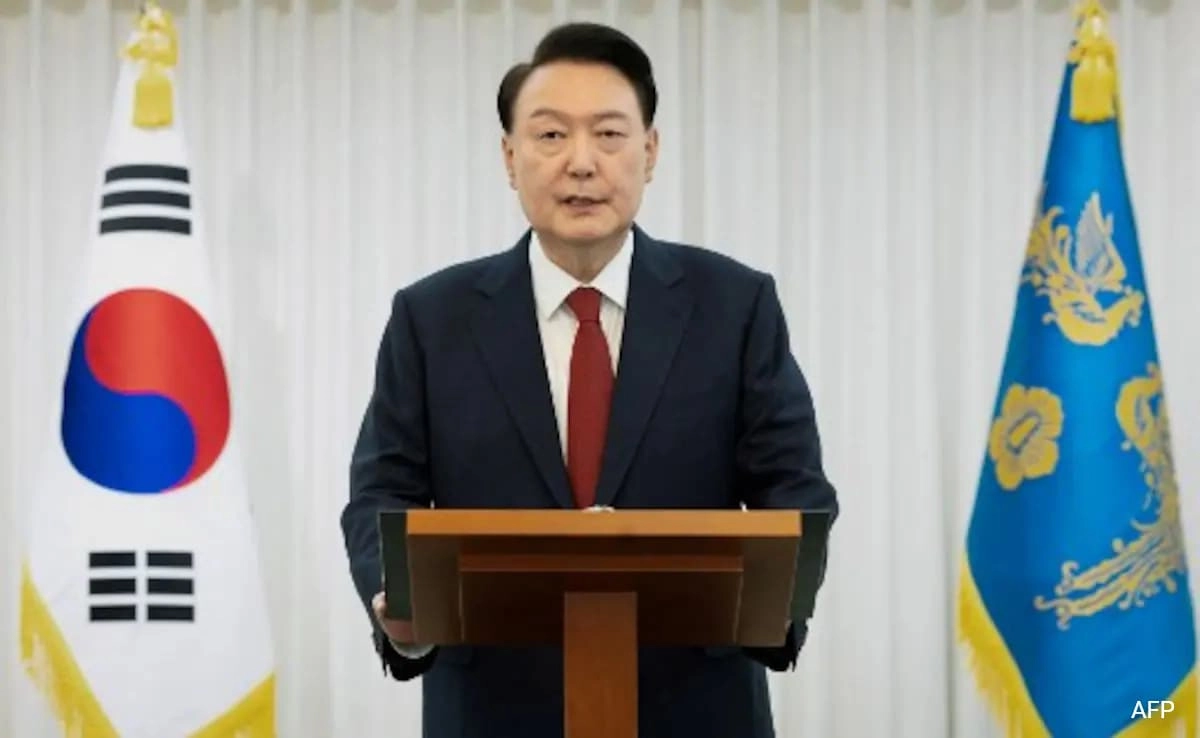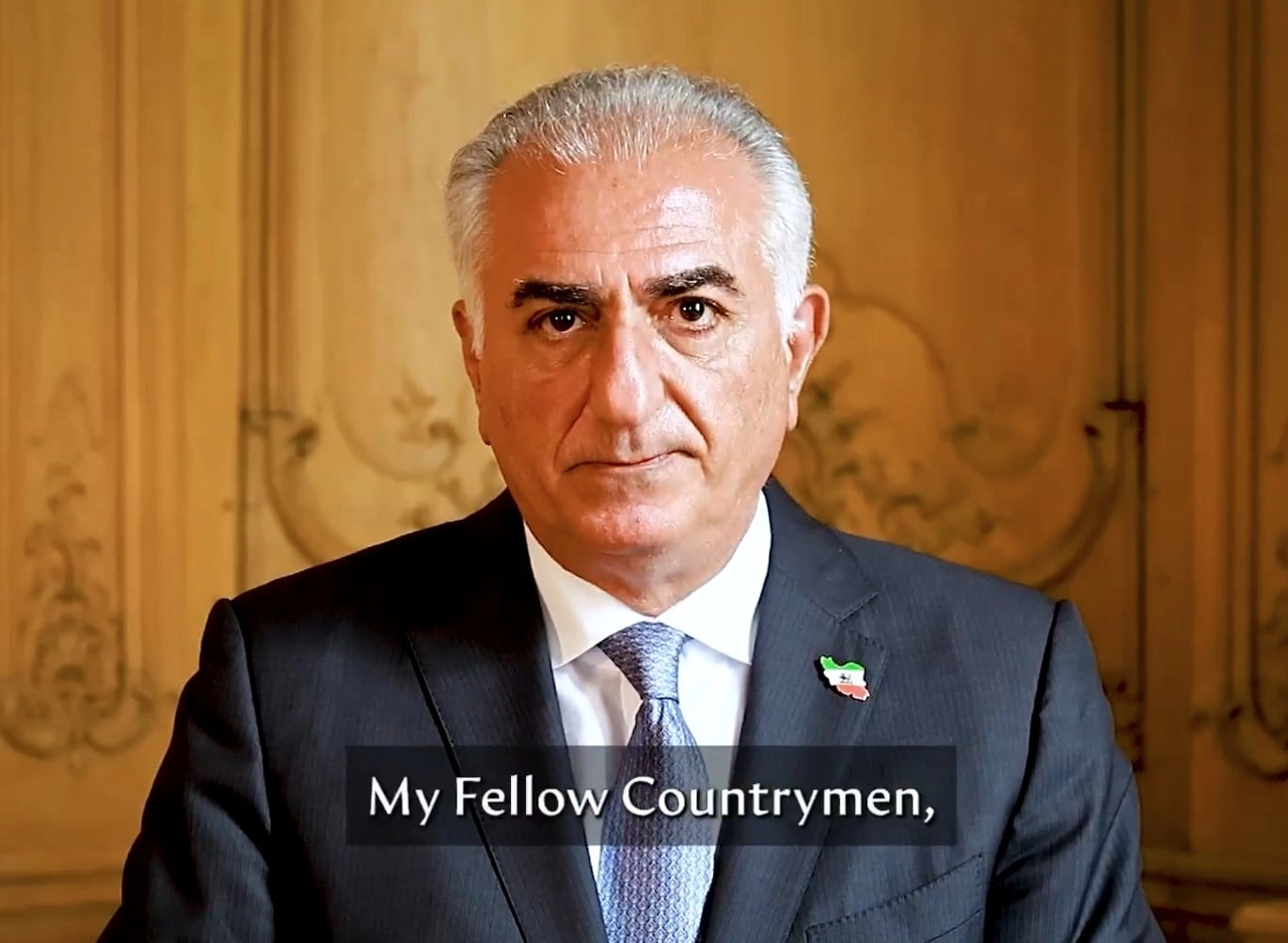In a significant development concerning technology and international trade, the Trump administration has given the green light for the sale of Nvidia chips for various projects in the United Arab Emirates (UAE). This approval marks a notable intersection of American tech innovation and foreign investment, particularly in a region that has been increasingly focusing on diversifying its economy. The UAE has been actively pursuing advancements in technology and infrastructure, making it a prime location for the deployment of cutting-edge semiconductor technology, which is essential for a wide range of applications, from artificial intelligence to sophisticated data processing.
Nvidia, a leader in the semiconductor industry, produces graphics processing units (GPUs) that are integral to numerous high-tech applications, including artificial intelligence, gaming, and data centers. The approval of these chip sales underscores the growing importance of technological collaboration between the United States and the UAE, as both nations aim to enhance their capabilities in a rapidly evolving global landscape. This collaboration not only aligns with the UAE’s ambitions to establish itself as a regional hub for technology and innovation but also reflects the Trump administration’s approach to fostering American business interests abroad.
The decision comes amid a backdrop of increasing scrutiny over technology exports, particularly to nations deemed as strategic partners or competitors. By allowing Nvidia to proceed with these sales, the Trump team appears to be balancing national security concerns with the economic benefits of expanding American tech influence in the Middle East. As the UAE continues to invest heavily in various sectors, including renewable energy and smart city initiatives, the integration of Nvidia’s advanced chips is expected to facilitate significant advancements in these fields, ultimately contributing to the UAE’s long-term vision for a diversified and technology-driven economy.
Furthermore, this approval could set a precedent for future technology transfers and collaborations between the U.S. and other nations in the region. As countries around the globe seek to bolster their technological infrastructure, the partnership between American firms like Nvidia and the UAE could serve as a model for similar endeavors. The implications of this decision extend beyond immediate economic benefits, as it may also play a role in shaping geopolitical dynamics in the region, influencing how technology and innovation are perceived and utilized by various stakeholders. With the global tech landscape continuously evolving, the ramifications of such approvals will likely be felt for years to come, affecting not only the companies involved but also the broader economic and political relationships between the U.S. and the UAE.




